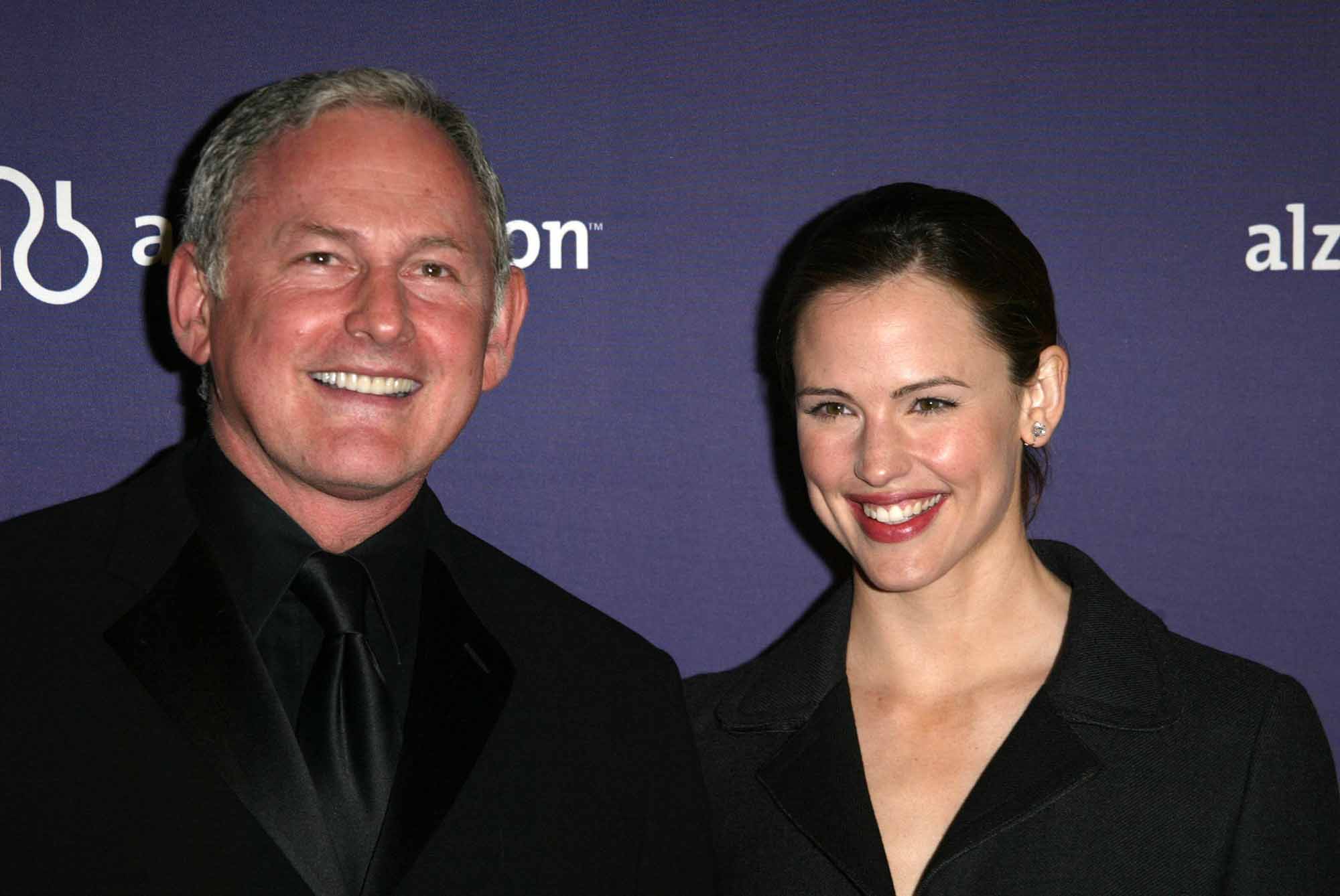Browse "People"
-
Article
Vicki Keith Munro
Vicki Keith Munro (née Keith), marathon swimmer (born 26 February 1961 in Winnipeg, MB). Vicki Keith Munro is the most successful marathon swimmer in the history of the sport, currently holding an unprecedented 14 world records. Her marathon swimming career began in Kingston, Ont in August 1985 with her first world-record crossing of Lake Ontario (19.3 km in 11½ hours, butterfly stroke). In 1988, Keith Munro became the first person to cross all five Great Lakes.
"https://d2ttikhf7xbzbs.cloudfront.net/media/media/8bdbd818-705c-4144-91b0-00b99f3a309f.jpg" // resources/views/front/categories/view.blade.php
https://d2ttikhf7xbzbs.cloudfront.net/media/media/8bdbd818-705c-4144-91b0-00b99f3a309f.jpg
-
Article
Vicky Sunohara
Vicky Lynn Sunohara, hockey player, coach (born 18 May 1970 in Scarborough, ON). Vicky Sunohara was part of the first two Canadian Olympic women’s hockey teams to win gold, at the 2002 and the 2006 Olympic Winter Games. She also won a silver medal at the 1998 Olympic Winter Games, seven gold medals and one silver medal at the Women’s World Hockey Championships and a Canadian Women’s Hockey League Championship with the Brampton Thunder. In 164 games as a centre with the Canadian national women’s hockey team, Sunohara had 56 goals and 62 assists for 118 points. She has coached the University of Toronto’s women’s hockey team since 2011. She won coach of the year honours three years in a row between 2020 and 2023 and was named the OUA Female Coach of the Year across all sports in 2020. She was inducted into Canada's Sports Hall of Fame in 2024.
"https://d2ttikhf7xbzbs.cloudfront.net/Bell_Olympic_Panel_Discussion_-_Vicky_Sunohara.jpg" // resources/views/front/categories/view.blade.php
https://d2ttikhf7xbzbs.cloudfront.net/Bell_Olympic_Panel_Discussion_-_Vicky_Sunohara.jpg
-
Article
Victor Bouchard
Victor Bouchard. Pianist, administrator, composer, born Ste-Claire-de-Dorchester, near Quebec City, 11 Apr 1926, died Québec City 22 Mar 2011; LLL (Laval) 1948, premier prix piano (CMQ) 1950.
"https://development.thecanadianencyclopedia.ca/images/tce_placeholder.jpg?v=e9dca980c9bdb3aa11e832e7ea94f5d9" // resources/views/front/categories/view.blade.php
https://development.thecanadianencyclopedia.ca/images/tce_placeholder.jpg?v=e9dca980c9bdb3aa11e832e7ea94f5d9
-
Article
Victor Brault
(Robert) Victor Brault. Baritone, choir conductor, teacher, b Ste-Martine, near Montreal, 1899, d Montreal 1963. The brother of Cédia Brault, he studied piano in Montreal with Alexis Contant and voice and theory 1919-24 in Paris with A. Landély Hettich and André Gédalge respectively.
"https://development.thecanadianencyclopedia.ca/images/tce_placeholder.jpg?v=e9dca980c9bdb3aa11e832e7ea94f5d9" // resources/views/front/categories/view.blade.php
https://development.thecanadianencyclopedia.ca/images/tce_placeholder.jpg?v=e9dca980c9bdb3aa11e832e7ea94f5d9
-
Article
Victor Braun
Victor Conrad Braun, baritone (b at Windsor, Ont 4 Aug 1935; d at Ulm, Germany 6 Jan 2001). Son of German Mennonite parents, Braun studied at the ROYAL CONSERVATORY OF MUSIC in Toronto and made his operatic debut as Sciarrone in Tosca in 1957.
"https://development.thecanadianencyclopedia.ca/images/tce_placeholder.jpg?v=e9dca980c9bdb3aa11e832e7ea94f5d9" // resources/views/front/categories/view.blade.php
https://development.thecanadianencyclopedia.ca/images/tce_placeholder.jpg?v=e9dca980c9bdb3aa11e832e7ea94f5d9
-
Article
Victor Braun
Victor (Conrad) Braun. Baritone, b Windsor, Ont, 4 Aug 1935, d Ulm, Germany, 6 Jan 2001.
"https://development.thecanadianencyclopedia.ca/images/tce_placeholder.jpg?v=e9dca980c9bdb3aa11e832e7ea94f5d9" // resources/views/front/categories/view.blade.php
https://development.thecanadianencyclopedia.ca/images/tce_placeholder.jpg?v=e9dca980c9bdb3aa11e832e7ea94f5d9
-
Article
Victor Coleman
Victor Coleman, poet, editor (born at Toronto, Ont. 11 September 1944). Victor Coleman is recognized as one of the major creative forces behind the late 20th-century boom in Canadian SMALL PRESS publishing.
"https://development.thecanadianencyclopedia.ca/images/tce_placeholder.jpg?v=e9dca980c9bdb3aa11e832e7ea94f5d9" // resources/views/front/categories/view.blade.php
https://development.thecanadianencyclopedia.ca/images/tce_placeholder.jpg?v=e9dca980c9bdb3aa11e832e7ea94f5d9
-
Article
Victor Davies
Victor (Albert) Davies. Composer, pianist, conductor, b Winnipeg 1 May 1939; B MUS (Indiana) 1964; hon LLD (Manitoba) 2007.
"https://development.thecanadianencyclopedia.ca/images/tce_placeholder.jpg?v=e9dca980c9bdb3aa11e832e7ea94f5d9" // resources/views/front/categories/view.blade.php
https://development.thecanadianencyclopedia.ca/images/tce_placeholder.jpg?v=e9dca980c9bdb3aa11e832e7ea94f5d9
-
Article
Victor Davis
Victor Davis, CM, swimmer (born 10 February 1964 in Guelph, ON; died 13 November 1989 in Montréal, QC). Olympic and world champion Victor Davis won four medals at the Olympic Summer Games.
"https://d2ttikhf7xbzbs.cloudfront.net/media/media/6a5d801a-77b5-4178-88af-efbb7bba8693.jpg" // resources/views/front/categories/view.blade.php
https://d2ttikhf7xbzbs.cloudfront.net/media/media/6a5d801a-77b5-4178-88af-efbb7bba8693.jpg
-
Article
Victor Di Bello
Victor Di Bello. Conductor, administrator, b Toronto, of Italian parents, 11 Feb 1933, d there 31 May 1997. He studied piano with Jessie Blake and Madeline Bone.
"https://development.thecanadianencyclopedia.ca/images/tce_placeholder.jpg?v=e9dca980c9bdb3aa11e832e7ea94f5d9" // resources/views/front/categories/view.blade.php
https://development.thecanadianencyclopedia.ca/images/tce_placeholder.jpg?v=e9dca980c9bdb3aa11e832e7ea94f5d9
-
Article
Victor Feldbrill
Victor Feldbrill, conductor (b at Toronto 4 Apr 1924). A versatile conductor with an international reputation, Victor Feldbrill is widely known for his enthusiastic promotion of Canadian music and for his support of young musicians.
"https://development.thecanadianencyclopedia.ca/images/tce_placeholder.jpg?v=e9dca980c9bdb3aa11e832e7ea94f5d9" // resources/views/front/categories/view.blade.php
https://development.thecanadianencyclopedia.ca/images/tce_placeholder.jpg?v=e9dca980c9bdb3aa11e832e7ea94f5d9
-
Article
Victor Feldbrill
Victor Feldbrill. Conductor, violinist, b Toronto 4 Apr 1924; Artist Diploma (Toronto) 1949, honorary FRHCM 1978, honorary LLD (Brock) 1991.
"https://development.thecanadianencyclopedia.ca/images/tce_placeholder.jpg?v=e9dca980c9bdb3aa11e832e7ea94f5d9" // resources/views/front/categories/view.blade.php
https://development.thecanadianencyclopedia.ca/images/tce_placeholder.jpg?v=e9dca980c9bdb3aa11e832e7ea94f5d9
-
Article
Victor Garber
In New York he became a regular on and off Broadway, establishing a singing/acting career in such productions as Deathtrap, Sweeney Todd and They're Playing Our Song. Victor Garber has been nominated 4 times for a Tony Award, for Damn Yankees (1994), Lend Me a Tenor (1989), Deathtrap (1978) and Little Me (1982).
"https://d2ttikhf7xbzbs.cloudfront.net/media/media/812b6d55-df3f-4d85-a834-76adb0c73ed7.jpg" // resources/views/front/categories/view.blade.php
https://d2ttikhf7xbzbs.cloudfront.net/media/media/812b6d55-df3f-4d85-a834-76adb0c73ed7.jpg
-
Article
Victor Godfrey
Victor (John) Godfrey. Bass-baritone, born Deloraine, south of Brandon, Man 10 Sep 1934, died Meerbusch, Germany 26 Sep 2012.
"https://development.thecanadianencyclopedia.ca/images/tce_placeholder.jpg?v=e9dca980c9bdb3aa11e832e7ea94f5d9" // resources/views/front/categories/view.blade.php
https://development.thecanadianencyclopedia.ca/images/tce_placeholder.jpg?v=e9dca980c9bdb3aa11e832e7ea94f5d9
-
Article
Victor John Harding
Victor John Harding, professor of pathological chemistry (b in Eng 23 Oct 1885; d at Toronto 3 July 1934). Graduating in chemistry from Owen's College, Manchester (DSc, 1912), Harding began an association with McGill in 1910. He became associate professor of physiological chemistry in 1917.
"https://development.thecanadianencyclopedia.ca/images/tce_placeholder.jpg?v=e9dca980c9bdb3aa11e832e7ea94f5d9" // resources/views/front/categories/view.blade.php
https://development.thecanadianencyclopedia.ca/images/tce_placeholder.jpg?v=e9dca980c9bdb3aa11e832e7ea94f5d9
